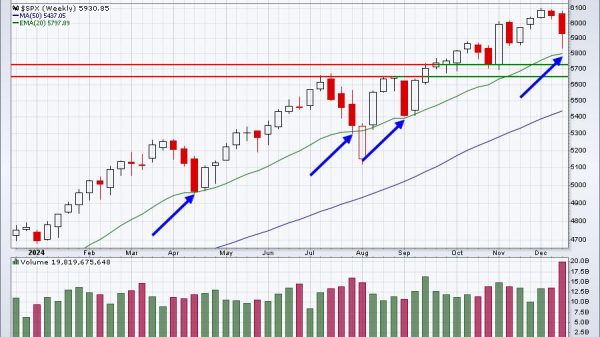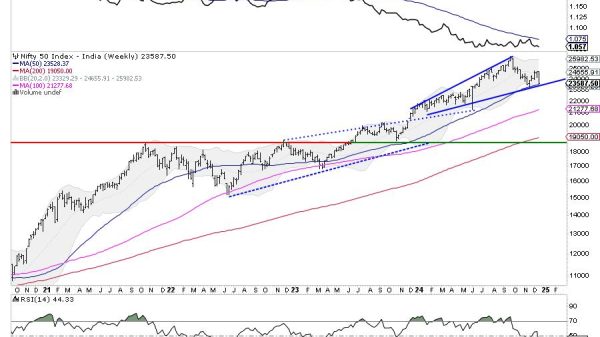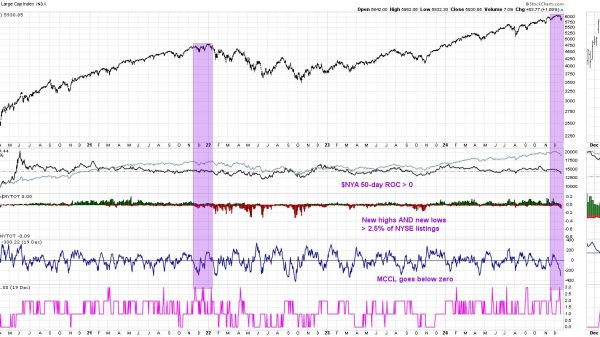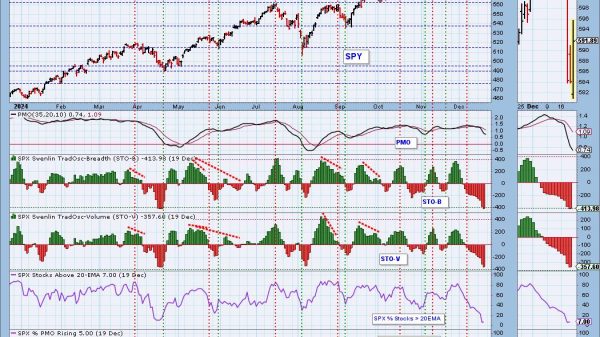The Moral Foundations of Civil Society
by William Röpke
Transaction Publishers, (1948) 1996; xxxvii + 235 pp.
In an earlier column, I discussed Wendell Berry’s stress on land and locality, and. among Austrian school economists, Wilhelm Röpke is most sympathetic to these themes. In The Moral Foundations of a Civil Society, first published three years after the end of World War II, Röpke says: “The proletariat is lacking in precisely that which characterizes the peasants and the craftsmen, wholly apart from the purely material aspects of life; the independence and autonomy of their whole existence, their roots in home, property, environment, family and occupation; the personal character and the traditions of their work” (p. 140). He often denounces the “cult of the colossal.”
Röpke recognizes, though, that the large population of the contemporary world makes it impossible to return to the type of society he most prefers, perhaps best exemplified by Switzerland in the eighteenth and nineteenth centuries. The relevant question then becomes how we can come closest to his ideal society, given modern conditions, and. here, he says, we confront two alternatives: the free market and collectivism.
To any lover of liberty, the choice is a simple one. Collectivist central planning can’t coexist with the regime of small landholders which Röpke favors. Some people, including Wendell Berry, have sought the salvation of agriculture from fluctuating market prices in part through state-mandated price controls, but Röpke warns against this:
Experience and consideration convince us that agrarian monopoly and agrarian collectivism have the effect . . . of bringing about the paradoxical result of sharpening the crisis through the production of unsaleable surpluses if peasant production is not effectually regulated by the familiar methods of coercive economy (forced restriction of production or collectivization pure and simple). But since peasant economy owing to its sociological structure opposes the strongest resistance to such regimentation and will hit upon ever new evasions in order to ensure the full exploitation of all members of the family to assure their incomes, the State instruments of agrarian collectivism will find themselves forced to employ ever wider and more formidable methods of coercion. (p. 189)
One might at first be inclined to object that the process Röpke describes here has not taken place in the United States. Whatever the defects of the government’s agricultural programs, American farmers have not become transformed into Soviet collective farmers or the like. But Röpke could respond that American farm subsidies do not aim to maintain a substantial number of small farmers but instead benefit a relatively small group of the wealthy.
Röpke extends his point to collectivism more generally:
Collectivist economy must always be coercive and can never be anything else. . . . No other system save that of market economy which conveys every particle of demand as an immediate impulse to the producers has been or can be found for getting consumers constantly to vote upon the use of the forces of productivity. That which in a collectivist economy necessarily takes its place is that procedure which has been designated the “Politicalization” of economic life. This means nothing less than that the most important decision in the daily life of the community, the question of the quantity and quality of production, can be determined not democratically but only despotically. (p. 20)
Like Ludwig von Mises, Röpke argues that socialism cannot work. The problems of deciding which goods to produce, “the solution of which untold individuals count through cooperation in the market, . . . . [i]n a collectivist economy . . . must all be solved centrally and consciously by a single head watching over the whole economic process down to the very smallest detail. This task is simply insoluble” (p. 14).
The argument against socialism applies also to the fascist notion of general control of the economy through government regulation, which leaves private property to exist in name only; and, in this connection, Röpke, who was forced to leave Germany by the Nazis in the 1930s, makes a most valuable point, based on his intimate knowledge of that country:
A collectivist economic system will attempt in the beginning to continue the economic process on the basis of prices and costs taken over from the market economy, as happened in Germany by means of the price stop in 1936, and to maintain these as rigid as possible in an attempt to stave off economic chaos. Were all economic data to remain unchanged. . . . [t]he price structure would still retain its significance. Since however this presupposition is more utopian than ever today it is inevitable that sticking to the historical price levels is bound to lead to ever greater dislocation of the economic system. . . . This is precisely the picture that developments offered in Germany after 1936. (pp. 14–15)
Given these problems, what can a collectivist economy do? Here Röpke offers an important insight. He says that the leaders of a collectivist country will be driven to war. In that way, the cohesion lacking in the population because of diverse views about what should be produced can be overcome, since a nation will usually unite against a foreign foe; and, he prospect of territorial gains offers a chance to secure new resources:
In contrast with [the] market economy, since nation and the economic system have only now become merged, the economic well-being of the nation becomes a function of the size of territory and the national resources within the territory. . . . Only now does imperialism as a struggle for the maximal size of the autarkic and collectivistically ruled economic territory become an absolutely inherent and inescapable law of national existence. (p. 228, emphasis removed)
Again, like Mises, Röpke argues that there is no intermediate system between the free market and collectivism:
In this way the government must be drawn with progressive speed along the slippery slope of collectivism. For the more it takes over the “guidance” of the economic system, all the less capable of functioning must what remains of the market system become, and the greater the necessity to submit even this remainder to economic “guidance,” that is to say, the collectivist economy of coercion. (p. 209)
I cannot help thinking that Röpke, in his eagerness to secure a “humane economy” against the dangers of “proletarianization” and the “cult of the colossal,” sometimes recommends government interventions, such aa antitrust action, that would be subject to the same slippery slope.
Those sympathetic to the agrarian concerns of Wendell Berry will find the work of Röpke, whose knowledge of economics far surpasses Berry’s, a source of illumination.























